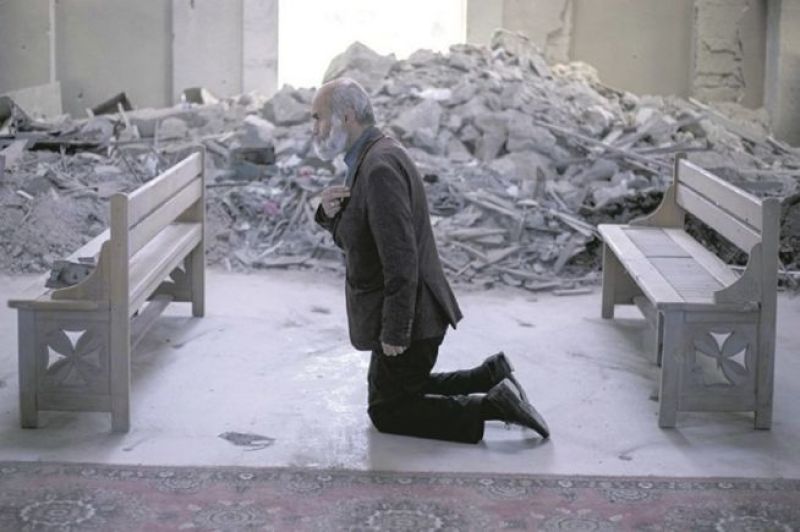
The International Christian Concern (ICC), an organization tracking global Christian persecution, recently released its “2023 Report of the World’s Worst Persecutors.” Among the nations listed for their hostility towards Christianity, Azerbaijan stands out, primarily due to its policies regarding neighboring Armenia.
Azerbaijan is included in the top 10 oppressive countries antagonistic to the faith, alongside Nigeria, North Korea, India, Iran, China, Pakistan, Eritrea, Algeria and Indonesia.
The conflict between Azerbaijan and Armenia has a long history, with recent tensions culminating in Azerbaijan's capture of Nagorno-Karabakh, known as Artsakh to Armenians, two months ago.
Nagorno-Karabakh, which has a predominantly Christian population, predominantly identifies as Armenian Apostolic. It was previously governed by ethnic Armenians as the unrecognized Republic of Artsakh, internationally acknowledged as part of Azerbaijan. The region was regained by Azerbaijan following the war in 2020, leaving it connected to Armenia only through the Lachin Corridor. From December 2022, Nagorno-Karabakh experienced different levels of blockade, culminating in a complete severance of Armenian supplies by mid-June, just prior to the September offensive.
The ICC report suggests that Azerbaijan's ultimate objective is to eliminate Christianity from its borders, either by driving out Armenians or by destroying them and their historical sites.
Including the terms the Azerbajian President used such as “Barbarians,” “rats” and “vandals,” Aliyev made disparaging comments about Armenia, characterizing it as a colony and an outpost controlled from abroad in his tweet.
Although Armenia boasts the historical honor of being the world's first Christian nation, the report indicates that there may be limited awareness within the international community regarding its profound ancient cultural legacy.
The report emphasizes that for many in the region, being Armenian is synonymous with being Christian, making persecution against Armenians including deliberate destruction of Christian properties, khachkars and cathedrals tantamount to persecution against the body of Christ.
As a result of the Azerbaijan September offensive, around 200 ethnic Armenians lost their lives, 400 were injured, and a staggering 100,000 were forcibly displaced from the Christian-populated region to other cities within Armenia or even other countries. .
Armenia's Prime Minister, Nikol Pashinyan, warned Azerbaijan of "ethnic cleansing" in October, expressing concerns about the potential eradication of Armenians from Nagorno-Karabakh. This has prompted international apprehension, including from the National Council of Churches (NCC), which expressed support for the Armenian Orthodox Church. The NCC voiced concerns about a “continuation of genocide against the Armenian people”, characterized by “ethnic cleansing” and destruction of “critical infrastructure.”
The historical denial of the Armenian Genocide by Turkey, in which an estimated 1.5 million Armenian Christians died between 1915 and 1923, remains a contentious issue, with acknowledgment as a genocide by the U.S. government only coming after more than a century.

















